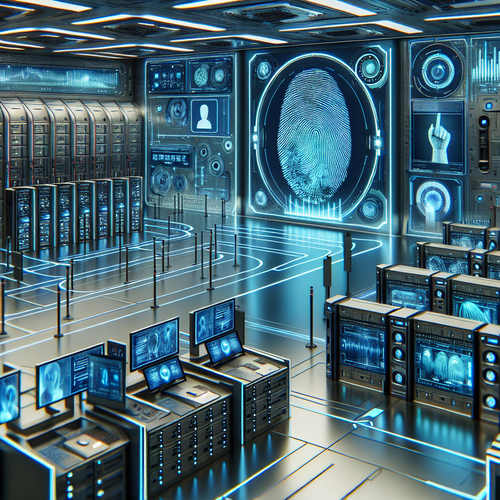
The Rise of AI in Smart Home Technology
The Rise of AI in Smart Home Technology
The advent of artificial intelligence (AI) is significantly influencing our lives, particularly in how we manage our homes. Smart home technology has taken center stage, driven by the promise of enhanced convenience, efficiency, and security.
Understanding Smart Home Technology
Smart home technology utilizes Internet of Things (IoT) devices to allow homeowners to control and monitor their home environments remotely. This includes everything from smart thermostats and lighting to security cameras and appliances. As AI continues to advance, its integration into smart home systems is becoming more prevalent.
The Role of AI in Smart Homes
Artificial intelligence serves as the brain behind smart home automation. It enables machines to learn from user behaviors and preferences, making them more responsive and efficient. Key areas where AI enhances smart home technology include:
Enhanced Security
AI-powered security systems analyze data from surveillance cameras and alarms to detect unusual activities. These systems can send alerts to homeowners and even notify local authorities if necessary. Features like facial recognition and motion detection enhance the effectiveness of home security.
Energy Management
Smart thermostats equipped with AI can learn your routine and adjust heating and cooling systems accordingly. This not only maximizes comfort but also significantly reduces energy consumption, leading to lower utility bills.
Voice Assistants
Virtual assistants like Amazon Alexa and Google Assistant use AI to improve user interaction. Users can control various aspects of their smart homes through voice commands, making it easier to manage devices while multitasking or when hands are occupied.
Advantages of AI in Smart Home Systems
- Improved Efficiency: AI optimizes the functioning of devices, reducing energy consumption and operational costs.
- Customizable Experiences: AI learns user preferences over time, allowing for personalized experiences that can adapt to changing needs.
- Increased Convenience: Automation processes reduce the need for manual control, streamlining daily routines.
Challenges and Considerations
Despite the many benefits, the integration of AI in smart homes comes with challenges:
- Privacy Concerns: With increased connectivity comes the risk of data breaches and privacy violations.
- Compatibility Issues: Many smart devices from different brands may not work seamlessly together, leading to user frustration.
- Dependence on Technology: As homes become smarter, the over-reliance on technology raises concerns about malfunction or hacking.
Future Trends in Smart Home Technology
The future of smart home technology looks promising as AI capabilities continue to grow. Some anticipated trends include:
- Interoperability: Efforts are underway to create standardized protocols that enable seamless interaction among diverse devices.
- Advanced Predictive Analytics: The future will see smarter AI systems that can predict user needs before they even express them.
- Integration with Renewable Energy: Smart homes will increasingly integrate renewable energy sources, utilizing AI to manage energy efficiencies.
Conclusion
Artificial intelligence continues to revolutionize smart home technology, paving the way for homes that are safer, more efficient, and tailored to individual preferences. As you consider integrating smart systems into your living spaces, remember to prioritize security and compatibility. For a deeper dive into related technological advances, check out our previous post on Exploring the Impact of AI on E-commerce Trends.
















